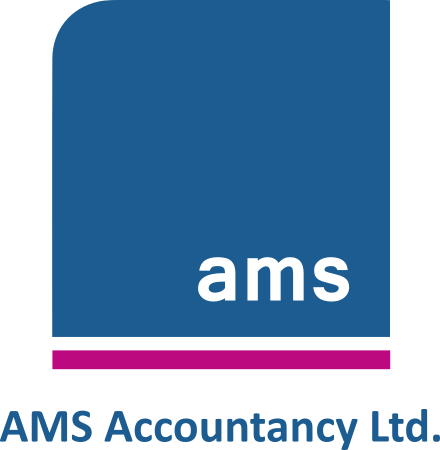Applying for a new mortgage or re-mortgage can be a stressful and time-consuming task for anyone. At least for people in full time employment there is a good chance that their income will have been consistent over the last few years. Unfortunately, people running their own business have no such guarantee plus a few other hurdles to overcome before they can get a mortgage.
If you run your own business and are applying for a new mortgage or re-mortgage, your mortgage advisor will usually ask for:
- copies of your last three years’ accounts;
- your last three years’ income tax return computations, and;
- tax overviews from HMRC.
Lenders will principally be looking for answers to two questions in the accounts.
- Do you make enough profit to support the repayments on the amount you are looking to borrow (even if interest rates increase dramatically over the coming years), and;
- Is the level of profit you make consistent or erratic.
Mortgage lenders do not like risk when lending money. If your accounts show that profits have been up and down over the last few years, it could be perceived that there is a reasonable chance that you won’t be able to afford the mortgage repayments.
The income tax return computations will show the mortgage advisor if you have any other sources of income, apart from your business, which will also be considered when you apply for a mortgage.
The tax overviews from HMRC are proof that the figures shown on your income tax return are the same as the ones that were sent to HMRC and had tax paid on them. The tax overviews will also show if you have paid all income tax due to HMRC. If you have any tax overdue this will be a warning for potential lenders, as they may assume you are having money trouble.
Having said that lenders want to see consistent profits, this does not mean they will automatically refuse to lend if profits are not consistent. Commonly mortgage providers will ask for a reference completed by an accountant which will ask about levels of profits – and for an explanation if they have fluctuated over recent few years. If a reasonable explanation is given there is still a good chance that the mortgage lender will still issue the mortgage. For example, a reasonable explanation for low taxable profits might be because there has been a lot of extra investment in business equipment (reducing taxable profit); or there might be exceptional circumstances – e.g. Covid-19 lockdowns.
When running your own business, you need to consider the timing of your mortgage application carefully. If you know you had a really tough year and didn’t make much money 3 years ago, it would be much better if you could wait until you complete another financial year of trading so that the bad year won’t feature in the information the mortgage lender requests. Or, if you are having a really good year currently and making a large profit then it might be better to wait until you complete the current financial year before making a mortgage application so that the ‘good’ year can be included in the calculations. If you speak to your accountant and let them know you need to apply for a mortgage, most will be able to move work around and do your accounts sooner than normal. However, at certain times of year this might not be possible – so it is always best to let your accountant know as soon as you are considering applying for a mortgage.
